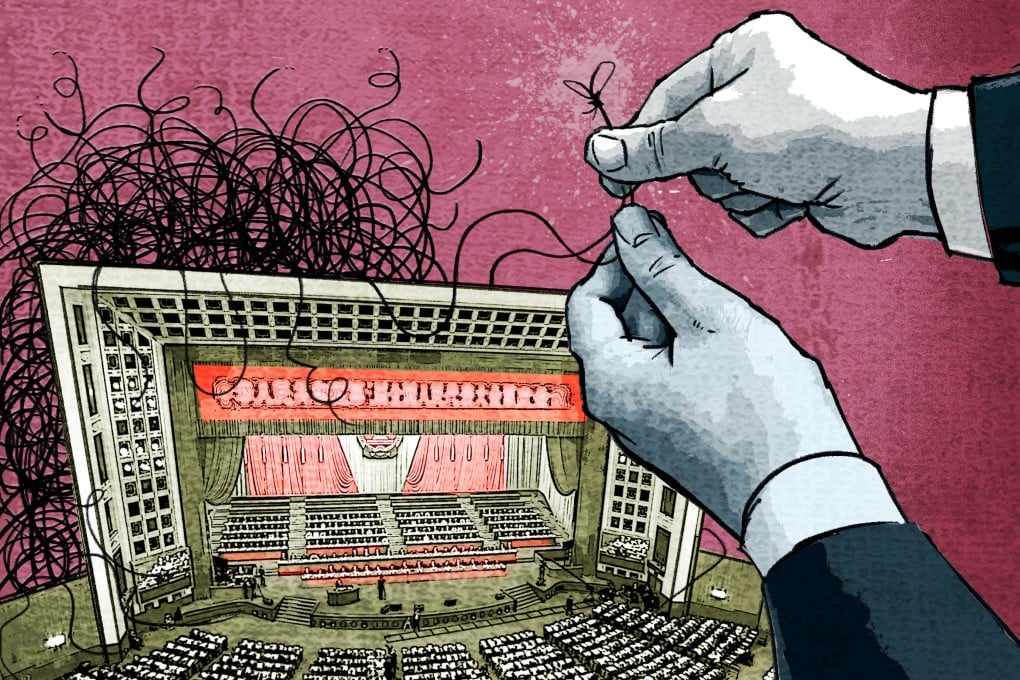China’s ‘two sessions’ 2024: after high-level purges, will party leadership tidy up loose ends?
- This year’s national legislature meets amid lingering questions over key posts and concerns about top-level vetting
- Event offers chance for Xi Jinping to project solidarity, and put political uncertainty behind him, analysts say

When thousands of members of China’s political elite gather in Beijing this week for the annual session of the national legislature, it will be hard to ignore the elephant in the Great Hall of the People.
In the past year, more than 10 senior members of China’s diplomatic and defence ranks – all of them seated in the same hall a year ago, some of whom were even promoted during the same event last March – have been ousted from their positions, and removed from public view.
Among them are Qin Gang, China’s shortest-serving foreign minister who disappeared last June, and Li Shangfu, China’s shortest-serving defence minister, who has not been seen since August.
Beijing has given no further explanation for the removal of the officials, leaving the status of some subsequent replacements in limbo. The information void has fuelled a narrative about China’s political uncertainties, against the backdrop of low confidence in the economy among international business leaders and the country’s private sector.
But experts say this year’s “two sessions”, or lianghui – an event designed to signal national unity and project confidence in the year ahead – offers a unique opportunity for Xi to tidy up political loose ends, and help boost both domestic and international messaging.
